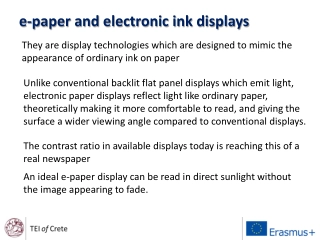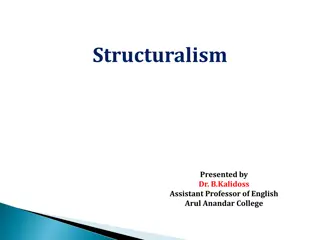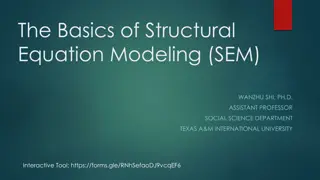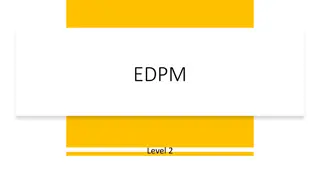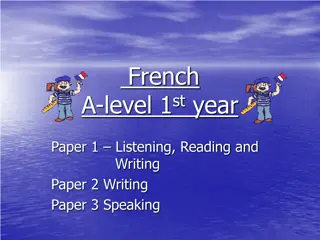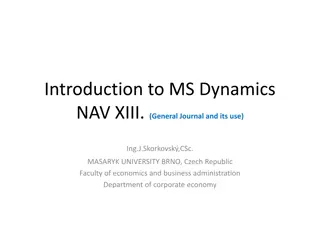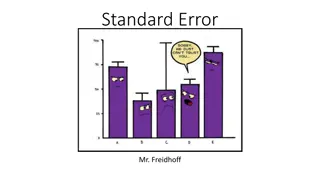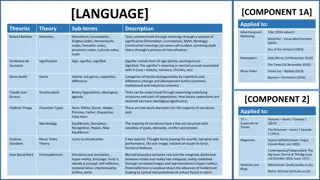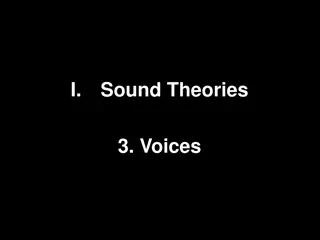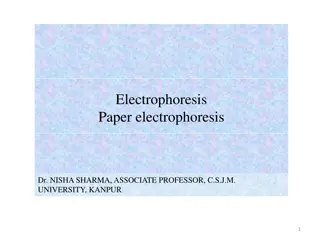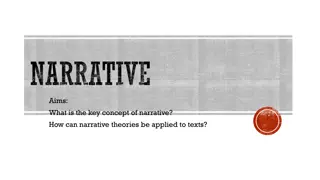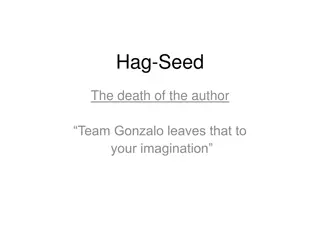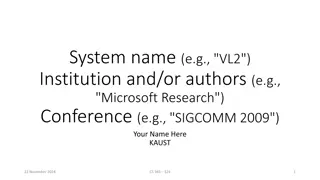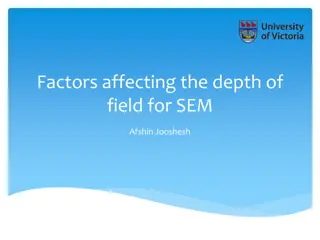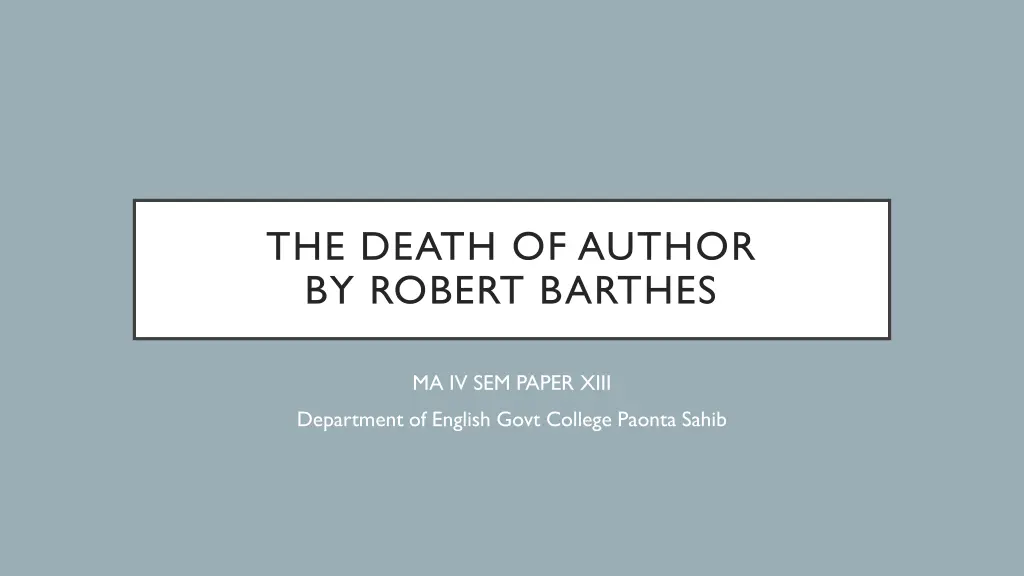
Interpreting Texts Beyond Author's Intentions
Explore Roland Barthes' essay "The Death of the Author" which challenges relying on authorial intentions for interpreting texts. Barthes emphasizes individual reader interpretations, opening up diverse and nuanced understandings of literary works. Discover the democratic and pluralistic framework of authorship, advocating for student autonomy in constructing meaning.
Uploaded on | 1 Views
Download Presentation

Please find below an Image/Link to download the presentation.
The content on the website is provided AS IS for your information and personal use only. It may not be sold, licensed, or shared on other websites without obtaining consent from the author. If you encounter any issues during the download, it is possible that the publisher has removed the file from their server.
You are allowed to download the files provided on this website for personal or commercial use, subject to the condition that they are used lawfully. All files are the property of their respective owners.
The content on the website is provided AS IS for your information and personal use only. It may not be sold, licensed, or shared on other websites without obtaining consent from the author.
E N D
Presentation Transcript
THE DEATH OF AUTHOR BY ROBERT BARTHES MA IV SEM PAPER XIII Department of English Govt College Paonta Sahib
The Death of the Author" (French: La mort de l'auteur) is a 1967 essay by the French literary critic and theorist Roland Barthes (1915 1980). Barthes's essay argues against traditional literary criticism's practice of relying on the intentions and biography of an author to definitively explain the "ultimate meaning" of a text. Instead, the essay emphasizes the primacy of each individual reader's interpretation of the work over any "definitive" meaning intended by the author, a process in which subtle or unnoticed characteristics may be drawn out for new insight
These studies extend Barthes's initial ideas of how a text contains multiple ideological positions and interpretive possibilities, as well as disputing authorial influence and force, by offering a democratic and pluralistic framework for authorship.
In his essay, Barthes argues against the method of reading and criticism that relies on aspects of an author's identity to distill meaning from the author's work. In this type of criticism against which he argues, the experiences and biases of the author serve as a definitive "explanation" of the text. For Barthes, however, this method of reading may be apparently tidy and convenient but is actually sloppy and flawed: "To give a text an author" and assign a single, corresponding interpretation to it "is to impose a limit on that text."
Themes from Roland Barthes's essay have also been applied to research on critical pedagogy. Previous research projects have emphasized foregrounding students' knowledge in literacy practices, and in this way stress Barthes's central idea of relying on the reader's impressions for literary study
These studies advocate learning for students that is dialogic in nature, claiming that students should arrive at their own knowledge by exploring and questioning a text's multiple meanings. While the theoretical frameworks, methods, research designs, and audiences of particular studies vary, the central idea across projects, commonly seen in constructivist methods of pedagogy, is to increase a sense of student ownership and autonomy by having them consider multiple forms of knowledge against their own beliefs and values.[
Other research has subverted Barthes's original thesis of disrupting author- centered literary criticism by suggesting collaborative methods of authorship.[8][9]These studies describe writing models in which multiple authors "co-construct" stories and articles together, inviting writers to contribute their own ideas and knowledge and create a product that resembles an assemblage of voices and perspectives.
These studies extend Barthes's initial ideas of how a text contains multiple ideological positions and interpretive possibilities, as well as disputing authorial influence and force, by offering a democratic and pluralistic framework for authorship.
Barthes begins the deconstruction of how we view text (imagery) and if the authors intention has anything to do with our interpretation. Barthes questions the power of author and authority. Has influenced artists, writers and philosophers that believe the s


